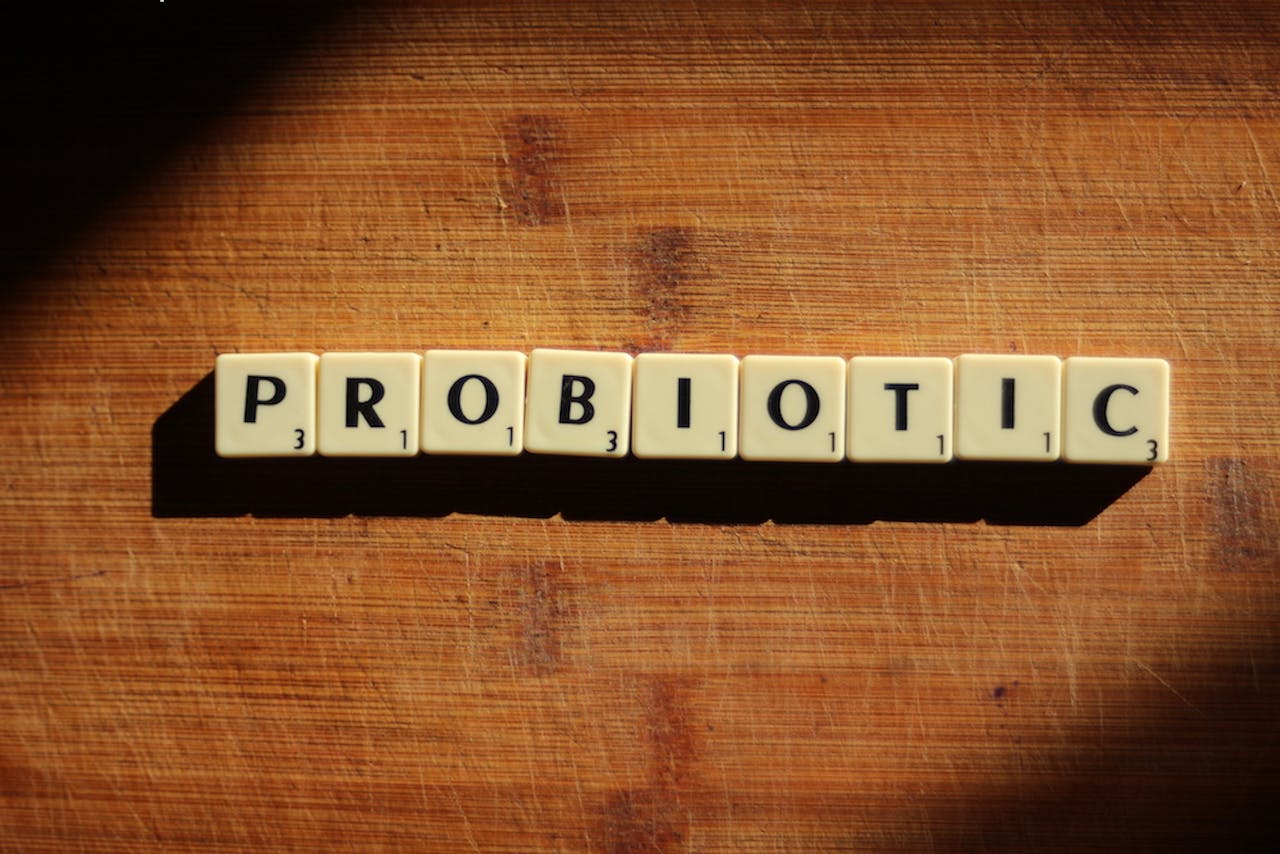
Could Probiotics Help With Blood Pressure?
One of the aspects of health that I love is how interconnected our bodies are.
For instance, if your toe hurts and you adjust your gait to avoid putting pressure on it, you may end up hurting your back after a while because of the alteration to how you walk.
Likewise, if your gut is messed up, it could affect your energy levels and mental health, and now we can tell it can probably affect your blood pressure.
If you weren’t aware, high blood pressure is one of the major health concerns for Americans nowadays.
When your blood pressure is high, it puts stress on your cardiovascular system, which can lead to diseases like hypertension, heart disease, stroke, and more.
Numerous methods exist to help keep blood pressure in a healthy range, and I’ll show you how probiotics may affect blood pressure.
How Two Probiotics Might Help Improve Blood Pressure
In a study titled “Probiotics Bifidobacterium lactis M8 and Lactobacillus rhamnosus M9 Prevent High Blood Pressure via Modulating the Gut Microbiota Composition and Host Metabolic Products,” researchers found some astounding evidence that indicates probiotics might help alleviate high blood pressure.
This shows how and why promoting gut health isn’t just about making your stomach feel better but also helps to enhance overall health.
In this study, the researchers used mice fed a diet high in fructose to see how specific probiotics—Bifidobacterium lactis M8 and Lactobacillus rhamnosus M9—could help prevent hypertension.
If you know anything about high fructose, it’s a type of sugar that is highly refined and is known to spike blood sugar and create problems around insulin sensitivity…which may lead to heart health issues in the future!
The researchers were interested in how these probiotics could affect blood pressure. They theorized that the probiotics could change the gut microbiota and influence various body processes.
The results were impressive:
1 - These probiotics lowered the top (systolic) and bottom (diastolic) numbers that measure blood pressure, with significant reductions of up to 16.92% and 20.62%, respectively.
2 - The study linked these changes to shifts in the types of bacteria present in the gut, specifically increases in bacteria like Lawsonia and Pyrolobus, which are known to help lower blood pressure, and decreases in Alistipes and Alloprevotella, which are linked to higher blood pressure.
3 -The probiotics also affected metabolic pathways related to blood vessel muscle contraction and hormone production, hinting that gut health could directly influence blood pressure control.
As always, it’s important to note that even though this looks good on paper, because these studies were conducted on mice, there are some limitations to the study (basically, the results might not be the same in humans).
Another thing to note is that the study was also fairly short and didn’t examine the long-term effects and safety of taking these probiotics.
Plus, it only tested specific strains and a special diet, which may not cover all the different ways diet can affect blood pressure.
But I think it demonstrates something fairly significant: if you can positively improve the health of the gut, it can have long-term positive effects on your health.
Moreover, scientists like Dr. Jun Li from the City University of Hong Kong are optimistic about using foods rich in probiotics to help treat high blood pressure alongside other treatments.
This study is supported by other research, like a 2020 review that found that probiotics could significantly reduce blood pressure.
A more recent 2023 study also supported these findings, showing how probiotics help lower blood pressure through several mechanisms, such as controlling oxidative stress in blood vessels, restoring healthy function of the cells lining the blood vessels, and reducing inflammation.
To wrap it up, while more research is needed, particularly in humans, the current evidence is strong enough to suggest that adding probiotics to our diet might be useful for people trying to manage their blood pressure.
As I’ve been saying for what feels like more than twenty years, our diet, especially what we feed our gut bacteria, affects our health in a significant way.
I don’t think it matters nearly as much as what strain of bacteria you’re ingesting to make you feel better and increase health markers, but it’s more important overall to ensure you’re committed to eating the kinds of foods you know can improve your health while also avoiding ones that are known to cause issues.
And, of course, focusing on other healthy habits like exercising, sleeping well, detoxing, and more!
Talk soon,
Dr. Wiggy



